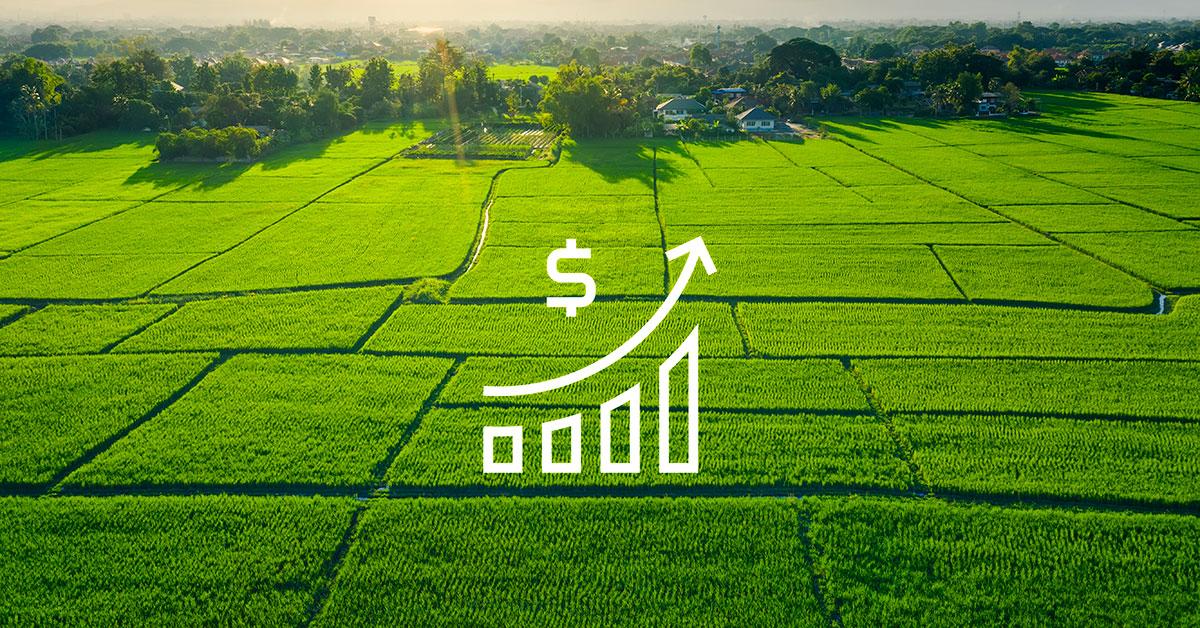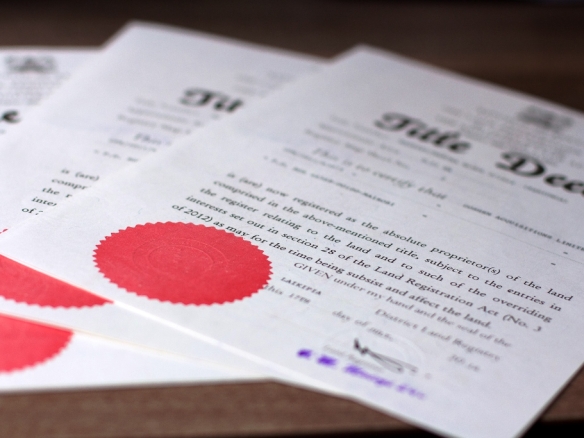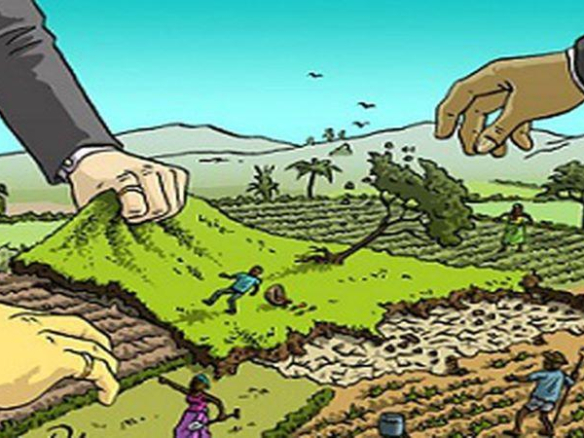A Complete Guide to Land Buying and Selling in Kenya
The real estate industry in Kenya has experienced remarkable growth over the past two decades, with land remaining one of the most secure and rewarding investments. Whether for residential development, farming, speculation, or commercial purposes, land is considered a cornerstone of wealth and security for many Kenyans.
Towns such as Kitengela, Ruiru, Thika, Juja, Nakuru, Naivasha, Nanyuki, Kisumu, Mombasa, and Malindi have become hotspots for buyers and sellers alike. At the center of these transactions are trusted land buying/selling companies in Kenya, which help individuals and investors navigate the complex legal and financial processes while reducing risks.
Why Land Buying and Selling is Booming in Kenya
Urbanization and Population Growth – Kenya’s growing urban population has created high demand for land in towns surrounding major cities.
Infrastructure Development – Projects such as the Standard Gauge Railway (SGR), Nairobi Expressway, and bypasses have opened up previously inaccessible areas.
Affordability in Satellite Towns – While Nairobi remains expensive, towns like Kitengela, Kangundo Road, Athi River, Juja farm and Thika offer affordable alternatives.
Cultural and Emotional Value – Land ownership is tied to identity, security, and legacy in Kenya, making it a highly valued asset.
High Return on Investment (ROI) – Land rarely depreciates and often appreciates faster than other assets, making it an ideal long-term investment.
Key Considerations When Buying Land
Buying land in Kenya requires careful due diligence. Here’s what to check before making a purchase:
Title Deed Verification – Confirm authenticity through a search on ArdhiSasa or at the Ministry of Lands.
Ownership and Encumbrances – Ensure the land is not under dispute, mortgage, or court case.
Land Use and Zoning – Check whether it is residential, agricultural, or commercial.
Accessibility and Amenities – Roads, water, and electricity connections greatly influence value.
Professional Support – Engage lawyers, surveyors, and valuers to safeguard your investment.
Many land buying/selling companies in Kenya offer value-added plots that come with infrastructure like roads, beacons, fencing, and utility connections, reducing risks for buyers.
Selling Land in Kenya
Selling land can be highly profitable, but it requires preparation and compliance.
Valuation – Get a registered valuer to assess fair market value.
Documentation – Ensure you have the title deed, tax compliance certificate, and clearance for land rates.
Marketing – Use online listings, agents, social media, and property expos.
Legal Compliance – Pay Capital Gains Tax (5%) and ensure transfers are properly recorded.
Working with experienced land buying/selling companies in Kenya ensures sellers reach genuine buyers and avoid fraudulent deals.
Common Challenges in Land Transactions
Fraudulent Sellers and Fake Titles – A major risk in Kenya’s land market.
Boundary Disputes – Caused by poor surveys or encroachment.
Speculative Pricing – Some plots are overpriced based on hype.
Hidden Costs – Buyers often underestimate taxes, legal fees, and registration costs.
Delays in Processing – Transfers may take weeks or months.
Professional guidance and trusted real estate firms reduce these risks significantly.
Industry Trends in Land Investment
Satellite Town Growth – Areas like Ruiru, Juja, Kitengela, and Athi River are booming.
Diaspora Investment – Many Kenyans abroad now invest in land through established firms.
Digitization of Land Services – ArdhiSasa has made land searches and transfers more transparent.
Shift to Gated Communities – Buyers prefer controlled developments with security and infrastructure.
Rising Demand for Agricultural Land – Towns like Naivasha, Nanyuki, and Eldoret are attracting investors in agribusiness.

30 Frequently Asked Questions (FAQs) on Land Buying and Selling in Kenya
General Land Ownership
1. Can foreigners buy land in Kenya?
Foreigners cannot own freehold land but can lease land for up to 99 years. Most foreign investors acquire property through leaseholds, companies, or joint ventures with Kenyan citizens.
2. What is the difference between freehold and leasehold land?
Freehold: The owner has complete and indefinite rights over the land with minimal restrictions.
Leasehold: Ownership is granted for a set period (commonly 99 years), after which renewal is required.
3. What is a title deed?
A title deed is the official government-issued document proving legal ownership of a piece of land.
4. How can I verify if a title deed is genuine?
You can verify ownership through a land search on ArdhiSasa (online) or at the Ministry of Lands. This confirms ownership details and checks if the land has loans, disputes, or charges.
5. What are the risks of buying land without a title deed?
Risks include fraud, land disputes, loss of ownership rights, and inability to legally transfer the property. Always insist on a valid title deed.
Due Diligence and Legal Processes
6. What is a land search and why is it important?
A land search is an official check on land records. It verifies the owner’s details and reveals whether the land has encumbrances such as loans, court cases, or caveats.
7. Who should draft the sale agreement?
A licensed advocate (lawyer) should draft and witness the sale agreement to ensure it’s legally binding and protects both buyer and seller.
8. What is a mutation form in land transactions?
A mutation form is prepared by a surveyor when subdividing land into smaller plots. It defines the new boundaries and is used to process new title deeds.
9. Do I need a lawyer to buy land in Kenya?
Yes. A lawyer verifies documents, drafts contracts, and oversees transfers, minimizing the risk of fraud.
10. How long does it take to transfer land ownership?
The process usually takes 30 to 90 days, depending on document preparation, government processing, and payment of taxes.
Costs and Taxes
11. What taxes are paid when buying land?
Buyers must pay stamp duty: 4% of the property value in urban areas and 2% in rural areas.
12. What taxes are paid when selling land?
Sellers pay Capital Gains Tax (5%) on profits earned from the land sale.
13. Who pays for the valuation of land?
The buyer typically pays for the valuation, which determines the market value used for stamp duty assessment.
14. What is stamp duty and how is it calculated?
Stamp duty is a government tax on property transfers. It is calculated as:
4% of the property’s value in urban areas.
2% of the property’s value in rural areas.
15. Are there hidden costs when buying land?
Yes. Apart from the purchase price, buyers should budget for legal fees, surveyor’s fees, registration, valuation charges, and stamp duty.
Buying Land
16. What should I check before buying land?
Verify ownership with a land search, confirm there are no disputes, check zoning regulations, ensure proper road access, and confirm availability of water and electricity.
17. How do installment payments for land work?
Many land buying/selling companies in Kenya offer installment plans. Buyers pay a deposit upfront and clear the balance over agreed periods (6–36 months).
18. Can I buy land as a group?
Yes. Chamas, SACCOs, and investment groups often pool resources to buy larger parcels of land for subdivision among members.
19. What is value-added land?
This refers to plots sold with extra features like perimeter fencing, access roads, electricity, water connections, and beacons for easy identification.
20. Should I buy land in a developing or established area?
Developing areas: Cheaper, high appreciation potential (e.g., Kitengela, Ruiru, Juja Farm, Athi River).
Established areas: Pricier but safer investments (e.g. Westlands, Karen, Mombasa Road suburbs).
Selling Land
21. How can I determine the value of my land?
Hire a registered valuer who considers location, size, zoning, and recent market prices of similar parcels.
22. How do I market land for sale?
Use estate agents, property websites, social media, signage, or list with established land buying/selling companies in Kenya for wider reach.
23. What documents do I need to sell land?
A valid title deed, tax compliance certificate, clearance for land rates, and your national ID.
24. Can I sell land that is under dispute?
No. Land with ongoing disputes or legal restrictions cannot be transferred until resolved.
25. What is subdivision and why is it important?
Subdivision is splitting large parcels into smaller plots. It makes land more affordable and attractive to buyers, especially in fast-growing towns like Juja, Thika, and Ngong.
Industry Trends and Risks
26. Why are satellite towns so popular for land buying?
Satellite towns such as Ruiru, Thika, Kitengela, Athi River, and Ngong offer affordable land near major cities, boosted by infrastructure expansion and population growth.
27. What are the main risks in buying land?
Key risks include fraud, disputed ownership, fake documents, inflated prices, and land being located in restricted or public zones.
28. Is buying agricultural land cheaper than residential plots?
Yes. Agricultural land is generally cheaper, but conversion (change of user) is required if you want to develop it for residential or commercial use.
29. How is land digitization helping investors?
Platforms like ArdhiSasa have improved transparency by digitizing land searches, ownership verification, and transfers, reducing fraud.
30. Is land a good long-term investment in Kenya?
Yes. Land rarely depreciates and tends to appreciate steadily, especially in high-growth areas like Nakuru, Nanyuki, Malindi, and Kisumu. It provides security and generational wealth.




Join The Discussion